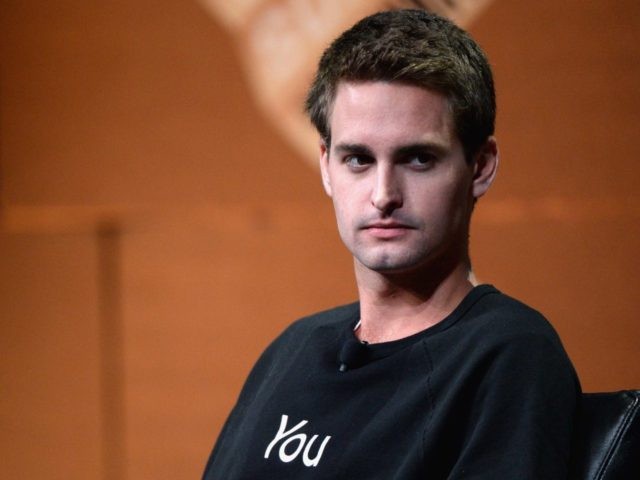Started by two roommates in a Stanford dorm in 2011, Snapchat’s parent, Snap, Inc., filed with the SEC last week for a $3 billion initial public offering (IPO), but admit the company may never make a profit.
According to the United States Securities & Exchange Commission website, the Venice-based company has grown its daily user base to 158 million. The S-1 discloses that company revenue spiked up by almost 700 percent last year to $404.5 million, from $58.7 million in 2015. But Snap’s net loss also jumped from $372.9 million in 2015 to $514.6 million in 2016.
Companies that “go public” list risk factors, but Snap’s are unusually severe. The company warns that Snap: had operating losses in the past, and expects more in the future; has highly significant competition that will intensify; believes losing one key staff member could harm the business; projects that users and advertisers could quit the platform if security is compromised; and warns that its user metrics and estimates are not reliable.
Breitbart News reported that a former Snap employee, Anthony Pompliano, had filed suit against the company after being fired — so he alleges — for refusing to participate in a scheme to inflate the company’s valuation.
With Pompliano alleging that Snap, Inc. might seek to violate the United States Securities Act of 1933 — which prohibits deceit, misrepresentations, and other fraud during an IPO — Snap’s S-1 states the company may never achieve profitability.
Despite having all these risk factors, Snap is expected to be the hottest IPO since Alibaba (BABA) in September 2014 and Facebook (FB) in May 2012. Both top-tier investment banks Morgan Stanley and Goldman Sachs are co-lead underwriters, and Wall Street is whispering that the company could have a $34 billion public valuation.
Originally designed in 2011 to facilitate sexting and other images that needed to disappear, Snapchat took a radical social app turn away from Facebook users updating family and friends, from Instagram recording beautiful photo content, and from Twitter as a continuous cocktail party conversations.
Unlike its competitors, who want everything posted on their sites to be archived and indexed digitally, Snapchat created a platform where everything was in the moment and then gone. Some users have compared Snapchat’s business model to television 50 years ago, when programing was in front of a live audience and content wasn’t preserved on videotape.
Snapchat CEO Evan Spiegel and his Stanford buddies Bobby Murphy and Reggie Brown, innovated past just being a “sexting app” to offer goofy Lenses that let users overlay animated facial features and add laser eyes, clown face, rainbow vomiting and hundreds of other stupidly fun gags.
Social justice warriors have from time to time attacked the company for allowing users access to filters that can create slanted eyes, Asian buck teeth, blackface and a number of other politically incorrect looks.
The company has recently been pushing its “Stories” feature, which lets users assemble videos and photos from the past 24 hours to create adventures and scenarios.
The filing of the S-1 with the United States Securities & Exchange Commission allows Snap, Inc. to launch a due diligence tour in anticipation of an IPO that should take place within the next 45 days.

COMMENTS
Please let us know if you're having issues with commenting.